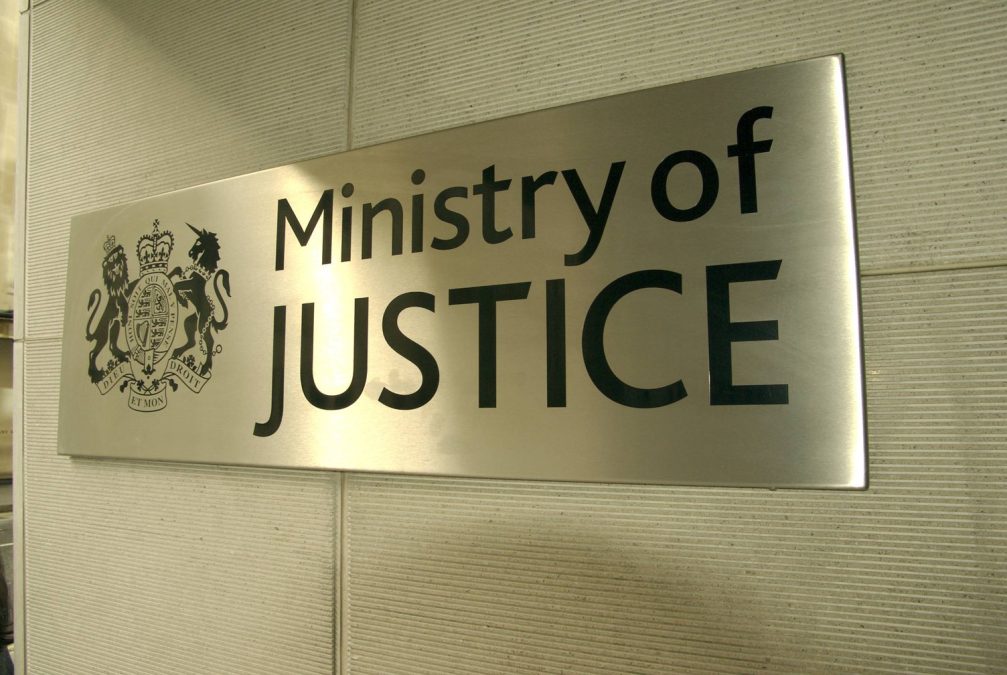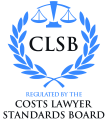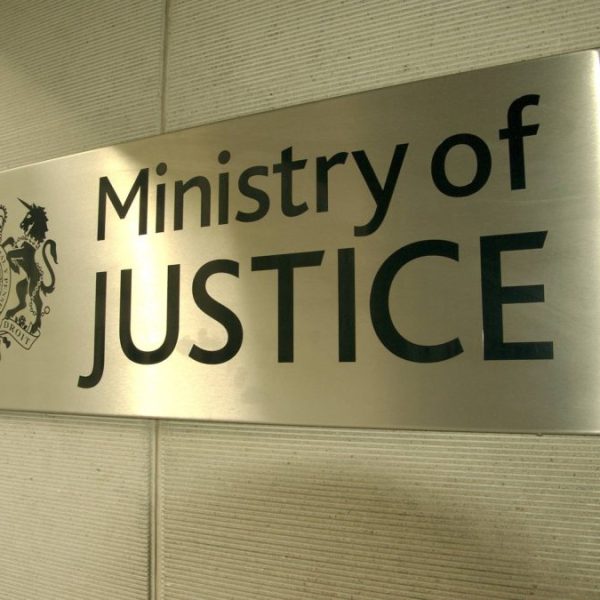Court and tribunal fees updates: April 2025 In the recent Guide to the working practices of the King’s Bench Division within the Royal Courts of Justice prepared by Senior Master Cook, the complexities of cost budgeting for high-value personal injury and clinical negligence claims in the King’s Bench Division are meticulously unpacked. This comprehensive document serves as a beacon for legal professionals navigating the often-turbulent waters of costs management hearings. At its core, the guidance emphasises the differences between costs management and the traditional detailed assessment process and urges a more holistic approach to determining costs budgets. The court’s focus is on proportionality, weighing factors such as the sums in issue and the litigation’s complexity. Reasonableness is also a factor. This nuanced approach at the costs management stage ensures that costs are not only justified but also aligned with the case’s demands. The Court, at this point in the claim, is not permitted to fix or approve hourly rates, which are often a contentious issue, however, it may scrutinise their reasonableness within the proposed budget’s context. The issue of fixing hourly rates is, however, reserved to detailed assessment. Delegation of work emerges as an important point, with the guidance advocating for the involvement of junior fee earners in tasks that do not necessitate senior expertise. This strategy not only encourages parties to manage costs effectively but also aligns with the court’s expectation of costs budgets being both reasonable and, more importantly, proportionate. Counsels’ fees, particularly the involvement of two counsel in substantial value claims, are also examined. The guidance encourages a balanced distribution of work between junior and leading counsel, as well as advising on the impact on the time allowed for senior fee earners, ensuring that costs are justified and proportionate. The document also delves into the various phases of work, from issue/statements of case to trial preparation and ADR/settlement. The Guide also gives advice on how to approach the budgeting of costs in each phase, providing a roadmap for legal professionals to follow. That guidance is summarised below: Phases 1. Issue and Statements of Case In many cases, this phase will have been largely completed by the time of the first Costs and Case Management Conference (CCMC). However, it is common for the schedule of loss to require extensive further work at this stage. The court considers the anticipated costs of counsel, typically junior counsel, and/or solicitor for drafting complex schedules involving calculations such as pension loss or loss of earnings. 2. Disclosure The nature and extent of documents caught by disclosure are highly case-sensitive. Ongoing case manager assessments may require careful consideration, and whether or not the delegation of this work is appropriate in the particular circumstances of the case. Solicitors are expected to maintain a running electronic bundle of documents, which can be edited and annotated to form the basis of any trial bundle. Administrative tasks like assembling and paginating bundles are generally not separately chargeable. 3. Witness Statements The first draft of a witness statement is generally expected to be undertaken by lower grade fee earners, such as Grade C solicitors and legal executives. Witness statements should be drafted in the witness’s own words. The involvement of higher-level senior fee earners in taking or checking the witness statement depends on the complexity and value of the case. 4. Experts The court assumes that there will be a dispute between experts up to and including trial. If there is no substantial dispute following service of reports or joint statements, this may constitute a good reason for departing from the budget at detailed assessment. The court determines a reasonable and proportionate budget for expert fees, which may differ from the amount requested by the expert. Fees charged by experts instructed by the NHSLA or insurers may be less due to their greater negotiating power. Consultations with experts can often be conducted via video link to avoid travel expenses. In-person attendance may be justified in cases requiring close scrutiny of scans or x-rays, such as clinical negligence claims. 5. Costs of PTR For the majority of cases in the King’s Bench Division (KBD), a Pre-Trial Review (PTR) is not considered necessary and will not be ordered. In such instances, costs of 2 to 3 hours are generally allowed to address issues related to listing and associated matters, along with a listing fee where appropriate. 6. Trial Preparation Assembling and paginating trial bundles are administrative tasks generally included within the hourly rate of fee earners. The necessity of a pre-trial conference is case-sensitive and depends on the extent of allowance made for other conferences and consultations. Brief fees consist of two elements: the work counsel will put in on the brief and the fact that counsel has been booked for the trial. The court envisages hypothetical counsel capable of conducting the case effectively without demanding high fees. 7. Trial The court may not determine the reasonableness of expert attendance at trial during the CCMC. Budgets should provide for attendance based on reasonable assumptions, which can be adjusted later. The seniority of the fee earner attending trial may be questioned, but it may not be reasonable for a senior solicitor to attend throughout a trial. The court generally allows for 7-8 hours of work per day for a solicitor’s attendance, including meetings before and after court and travel time. 8. ADR/Settlement Joint Settlement Meetings (JSM): there is usually no objection to an allowance for a JSM, even if one or other party thinks such a meeting is unlikely to be required (unless it is clear that one will not appropriate). A JSM can be budgeted for on the assumption that one will take place and the order should be clear as to whether or not attendance at a JSM (or, in exceptional cases, mediation) has been assumed. If a JSM is not required, then that is likely to be seen as a good reason to depart downwards from a budget allowance. High-value claims, in particular, may require a significant amount






